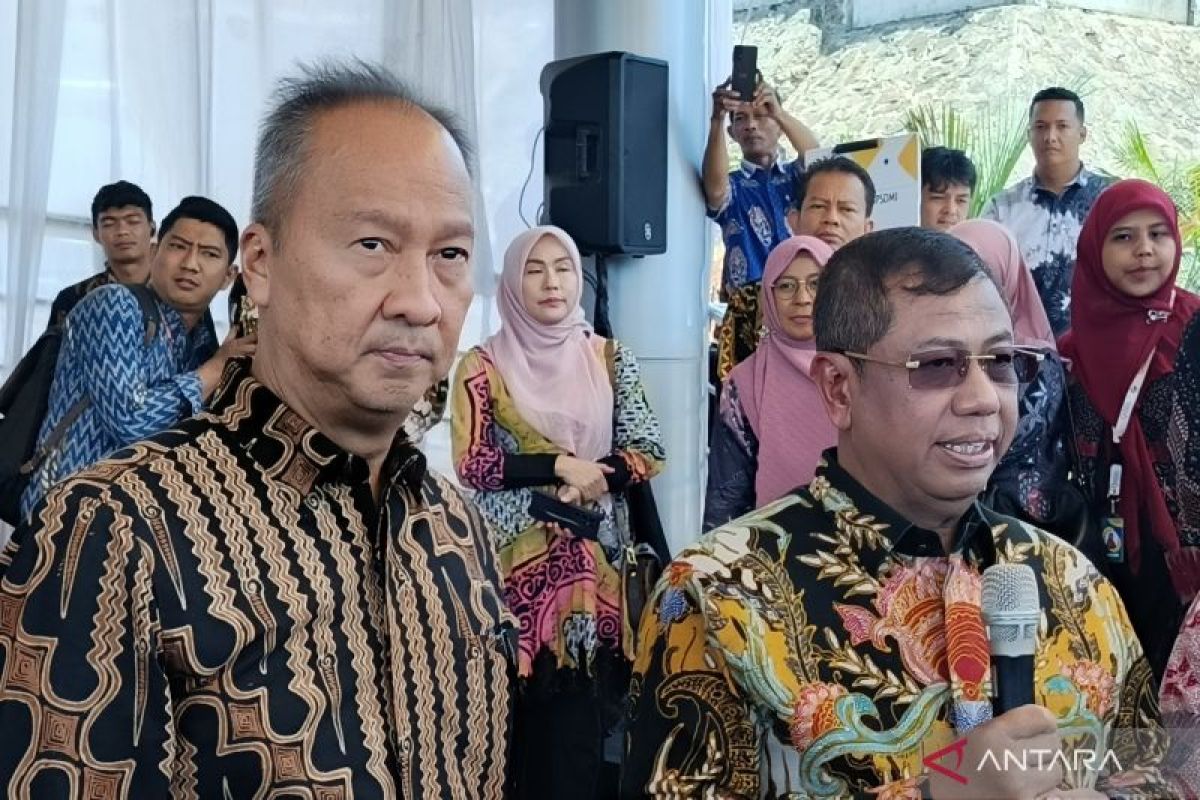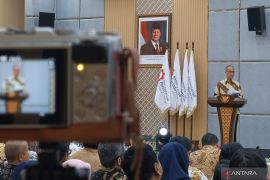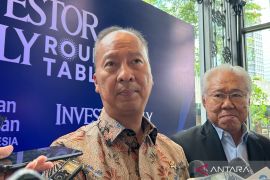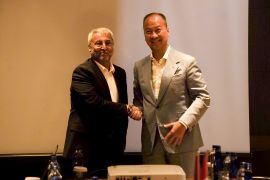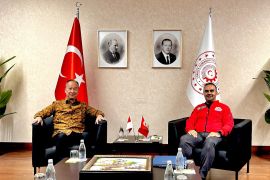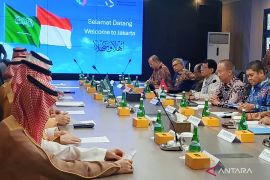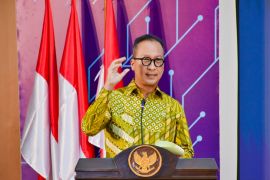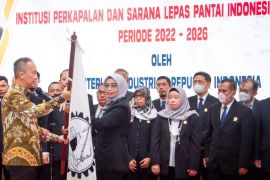"It is true that the global market influences the growth of the national industry substantially, but it does not mean that Indonesia's manufacturing sector performance is totally dependent on the market," he remarked in Bogor, West Java, on Wednesday.
Kartasasmita made the statement concerning the discrepancy between Indonesia's recently announced 2024 trade balance surplus and the slight decline in the country's manufacturing Purchasing Managers Index (PMI).
To address that disparity, he underscored the need for all relevant parties to work hand in hand to pave the way for domestic industries to grow by offering incentives and putting a lid on the inflow of imported products that are detrimental to domestic businesses.
"We can see that imports have posed a challenge to the manufacturing industry. In addition to illegal imports, which are problematic in nature, legal imports can also be harmful due to our improper regulations," he pointed out.
Elaborating on detrimental legal imports, the minister noted that domestic industries had been hit by a glut of imported goods offered at notably lower prices.
Related news: Manufacture performance to reach 5.8 percent in 2024: Minister
On Tuesday (September 17), Statistics Indonesia (BPS) announced that Indonesia had recorded a surplus of US$2.90 billion in its trade balance, with the non-oil and gas sector contributing the most.
According to BPS, the total value of Indonesia's non-oil and gas exports to 13 countries in August 2024 stood at US$16.22 billion, or 9.26 percent higher than the US$14.85 billion recorded in the previous month.
The figure registered in August 2024 constitutes an increase of 6.34 percent compared to that clocked in the same month last year.
Meanwhile, S&P Global Market Intelligence released a report revealing that Indonesia's manufacturing PMI in August had fallen to 48.9 percent, a 0.4 percent decline from that recorded in July.
Economics Director of S&P Global Market Intelligence Paul Smith noted that several companies had responded to the unfavorable trend by cutting their employee counts despite some believing it was temporary.
Related news: Indonesian minister urges coordination for boosting manufacturing
Translator: Ahmad M, Tegar Nurfitra
Editor: Yuni Arisandy Sinaga
Copyright © ANTARA 2024
